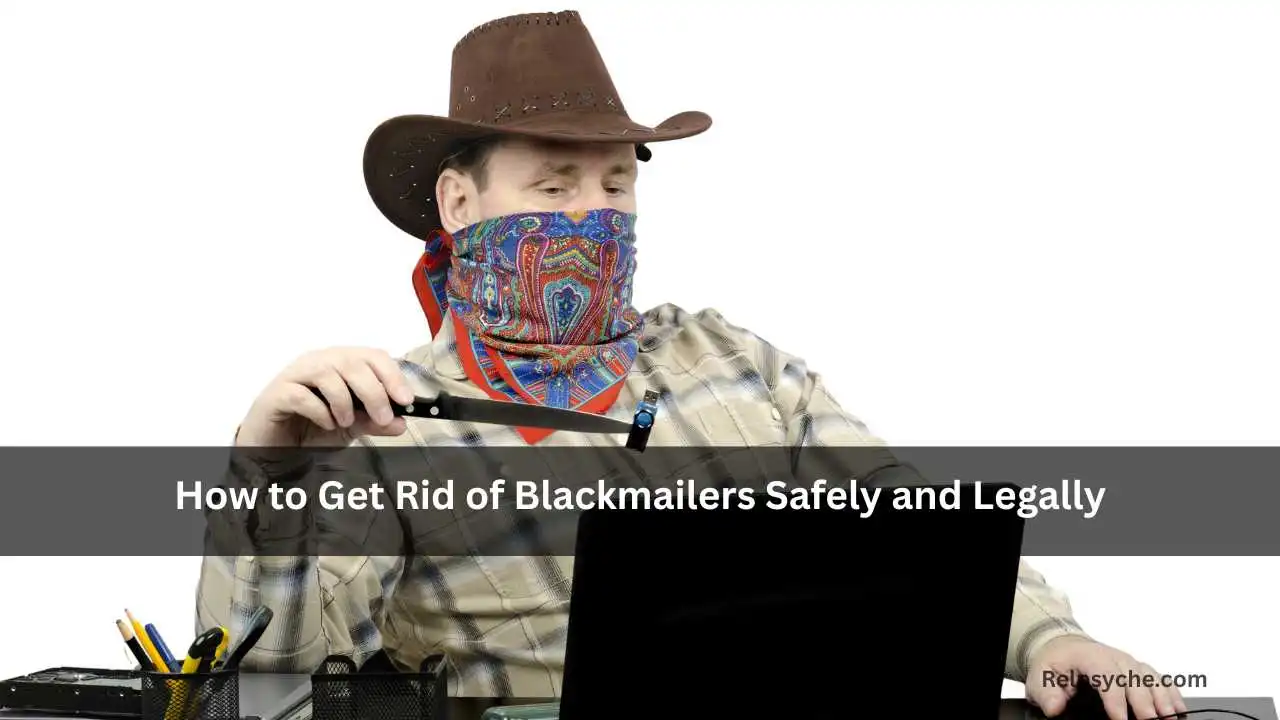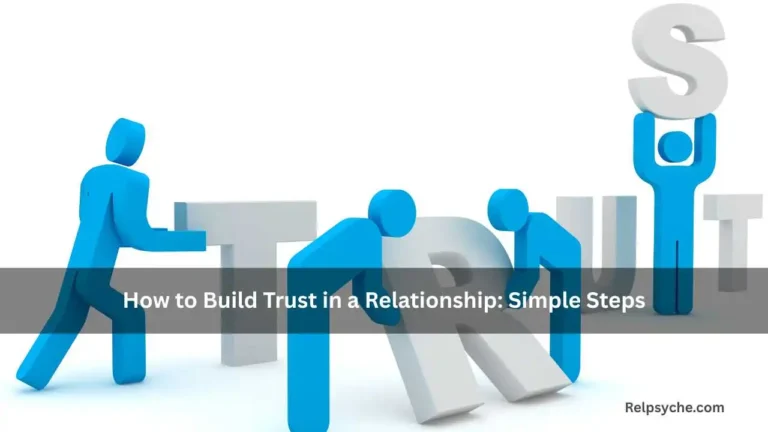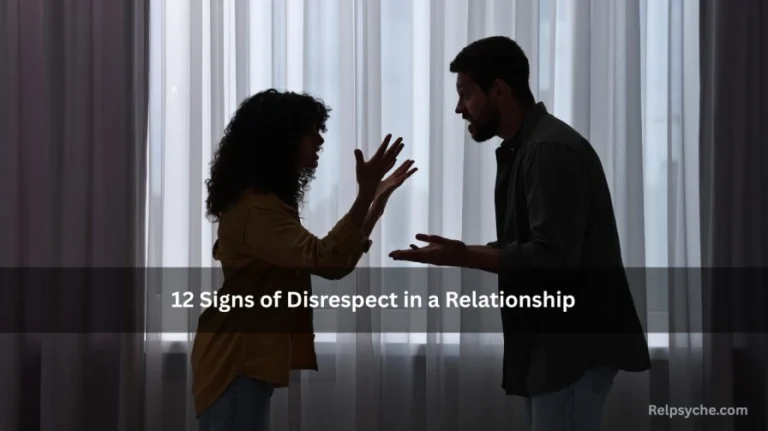How to Get Rid of Blackmailers Safely and Legally
Blackmail is scary. It can make you feel trapped, helpless, or ashamed. If someone is threatening to share your personal photos, videos, or secrets unless you do what they say — that’s blackmail, and it is against the law.
You are not alone. Many people, including teenagers and adults, have been targets of blackmail — often online. This guide will help you learn how to get rid of blackmailers in the safest and smartest way.
Table of Contents
What Is Blackmail?
Understanding how to get rid of blackmailers starts with knowing what blackmail is. It happens when someone tries to force you into doing something — like paying money or sending more pictures — by threatening to reveal something personal. Blackmail means someone is trying to force you to do something by threatening you. Most blackmailers will say things like:
- “Send me money or I’ll post your pictures.”
- “Do this or I’ll tell your family your secret.”
- “If you don’t reply, I’ll ruin your life.”
These threats are criminal acts, and you do not have to give in.
Why You Should Never Deal with Blackmailers Alone
You might feel scared or embarrassed. You might think you’ll get into trouble if anyone finds out. But here’s the truth:
- You are the victim, not the one who did something wrong.
- Blackmail is a crime in most countries. The blackmailer can be caught and punished.
- Silence helps the blackmailer. Speaking up helps stop them.
That’s why it’s so important to take action the right way — calmly, legally, and safely.
Step-by-Step Guide: How to Get Rid of Blackmailers
If you want to know how to get rid of blackmailers, you must take action calmly and smartly. Follow these steps to take back control.
Step 1: Stay Calm
Blackmailers want you to panic. Don’t let them win.
Take a deep breath and remember:
- You are not alone.
- You have options.
- You can get help without making things worse.
Step 2: Do Not Pay or Respond
Many people think that giving the blackmailer what they want will make it stop. It won’t.
- If you send money or follow their orders, they will likely come back again.
- They may ask for more and more.
- Responding gives them power and confidence.
Block contact as soon as you gather your evidence (see next step).
Step 3: Save All Evidence
Before you block or delete anything, save everything. This includes:
- Screenshots of chats or emails
- Recordings of voice messages
- Phone numbers, usernames, and email IDs
- Dates and times of contact
- Bank account or payment details they gave you
Save this evidence in a folder, USB, or cloud storage. You’ll need it to report the crime.
Step 4: Tell Someone You Trust
You should not go through this alone. Talk to:
- A trusted adult (parent, teacher, older sibling)
- A school counselor
- A lawyer or legal expert
- A therapist or mental health expert
Support will help you feel stronger and guide you through what to do next.
Step 5: Report to Authorities or Cybercrime
Report the blackmailer to your country’s cybercrime unit or local police.
- In Pakistan: FIA Cyber Crime Reporting Portal
- In the USA: Internet Crime Complaint Center (IC3)
- In the UK: Action Fraud
What happens when you report:
- They investigate the person.
- They can find the IP address and location.
- They help you stop the blackmailer legally.
Reporting helps protect you and others.
Step 6: Block the Blackmailer
Once you’ve saved the proof and reported the crime:
- Block them on all apps (WhatsApp, Instagram, Snapchat, Facebook, etc.)
- Change your passwords
- Enable two-factor authentication (2FA) on all accounts
- Set your social media profiles to private
This will limit their access and stop future contact.
Step 7: Protect Your Mental Health
Being blackmailed can cause:
- Anxiety
- Fear
- Trouble sleeping
- Loss of confidence
- Depression
Don’t ignore these feelings. Talking to a therapist or counselor can help you:
- Feel safe again
- Rebuild your confidence
- Stop blaming yourself
- Learn coping tools
You are not weak for asking for help — you are strong and smart.
How to Avoid Blackmail in the Future
Blackmail often happens online. Here’s how to protect yourself:
- Never share personal photos or secrets online — even with people you trust.
- Don’t talk to strangers online, especially if they ask for private pictures or video calls.
- Use strong passwords and change them often.
- Set your social media to private. Only add people you know.
- Report suspicious people or fake profiles immediately.
Real Talk: What If the Blackmailer Already Shared Something?
This is very scary, but there’s still help.
- Report the post or content on the platform. Sites like Instagram, Facebook, and TikTok often take down private content fast.
- Show proof to the police or cybercrime unit. They can help remove the content and track the blackmailer.
- Don’t stay silent. This is not your fault. You are the victim, and you deserve help and protection.

Conclusion
Learning how to get rid of blackmailers is the first step toward protecting yourself. Never feel ashamed. You are not alone, and there are legal, safe, and effective ways to stop the threats and move on with your life.If you are wondering how to get rid of blackmailers, remember:
Do not give in. Do not panic. Do not stay silent.
Take smart steps:
- Save proof
- Get help
- Report the crime
- Block the person
- Protect your mental health
You are not weak — you are brave for facing this. Help is available, and justice is possible.
For personalized support on your journey to self-improvement, explore therapy options at psychologyorg.
If you want to read more articles similar to Social Media and Mental Health, What You Need to Know we recommend that you enter our psychology category.
FAQs
Common Questions About How to Get Rid of Blackmailers
Many people feel helpless, but knowing how to get rid of blackmailers helps you take back power. Let’s answer the most common concerns.
Q1: Is it illegal to blackmail someone?
Yes. Blackmail is a crime in almost every country. It can lead to prison and fines.
Q2: Should I pay the blackmailer to make them stop?
No. Never pay. They will likely come back for more.
Q3: Can I stop blackmail without going to the police?
You can try, but reporting is the safest and most effective way.
Q4: Will police keep my case private?
Yes. Most cybercrime units protect your privacy, especially in sensitive cases.
Q5: Can a therapist help me deal with the stress?
Yes. Therapists can help you manage fear, guilt, and anxiety caused by blackmail.

I’m Emma Johnson, a psychologist who loves to write and share ideas.
I enjoy making psychology simple so everyone can understand and use it in daily life.
If you’d like to talk, ask questions, or work together, feel free to reach out.
Let’s learn and grow in the world of psychology together!







